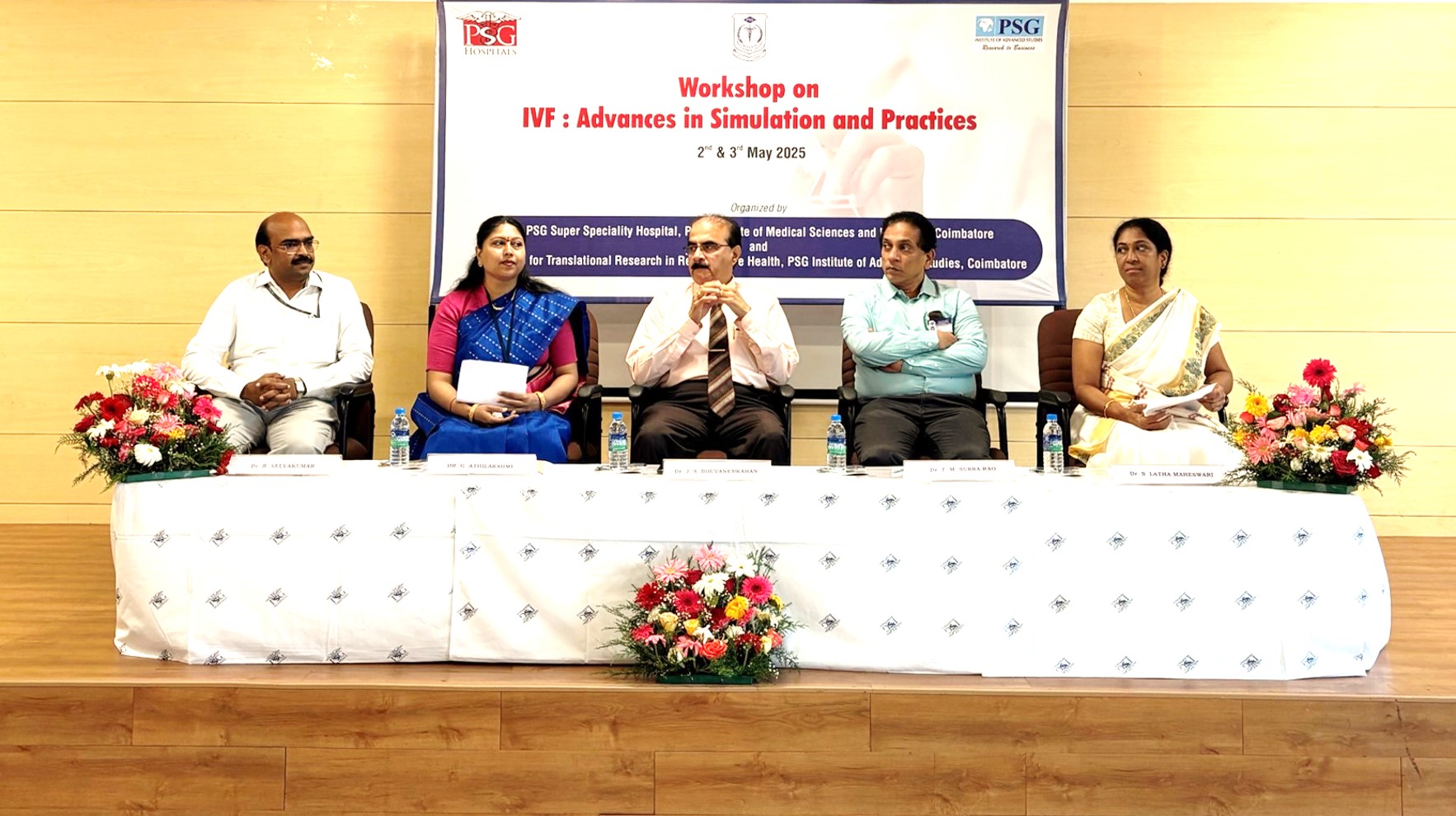Trending Now
- Alliance talks between AIADMK and BJP are ongoing. An announcement will be made at the right time – Union Home Minister Amit Shah.
- Vijay spoke about TVK vs. AIADMK only to motivate party workers – AIADMK General Secretary Edappadi K. Palaniswami.
- South Indian audiences are not interested in Hindi films, which is why they don’t succeed – Salman Khan.
- KL Rahul joins Delhi Capitals; the team will face Hyderabad tomorrow.
Business
Workplace robots could increase inequality, warns IPPR
![]() December 28, 2017
December 28, 2017
The government must intervene to stop automation driving up wage inequality, a think tank has warned.
The Institute for Public Policy Research said robots would not necessarily be bad for the economy.
However, it warned lower-skilled jobs were much more likely to be phased out in the coming decades, and only higher-skilled workers would be able to command better wages.
The government said it was committed to making automation work for everyone.
According to the Institute for Public Policy Research (IPPR) – a centre-left think tank – automation could raise UK productivity growth by between 0.8 to 1.4% annually, and boost GDP by 10% by 2030.
However, it said these gains might not be shared evenly, as on average, low-wage jobs had five times more “technical potential” to be automated than highly-paid jobs.
The sectors most at risk include:
- transportation (where 63% of jobs could be automated)
- manufacturing (58%)
- wholesale and retail trade (65%)
At the same time, the IPPR said workers capable of using advanced machines would see their incomes rise, extending the earnings gap.
“Our analysis shows that jobs with the potential to be automated are associated with £290bn of wages each year,” said research fellow Carys Roberts.
“Much of this will be replaced through increased wages due to higher productivity and new jobs created, but a substantial portion could also be transferred from wages to profits.”
She added: “Within that, some people will get a pay rise, while others are trapped in low pay, low productivity sectors.”
‘Resilient and diverse’
She said the jobs most at risk of automation were disproportionately based in poorer areas of the country, and held by women and those from ethnic minorities.
“To avoid inequality rising, the government should look at ways to spread capital ownership, and make sure everyone benefits from increased automation,” she said.
A spokesman for the Department for Business, Energy and Industrial Strategy said the UK’s labour market was “resilient and diverse” and that advances in technology were helping to “bring new jobs”.
“The government is committed to ensuring that the UK is to able to seize the opportunities and overcome the obstacles that exist in this area,” he said.
“Government is working closely with industry to ensure the benefits of new technologies are felt across different sectors of the economy up and down the country, while creating new high-skill, well-paid jobs.”
























